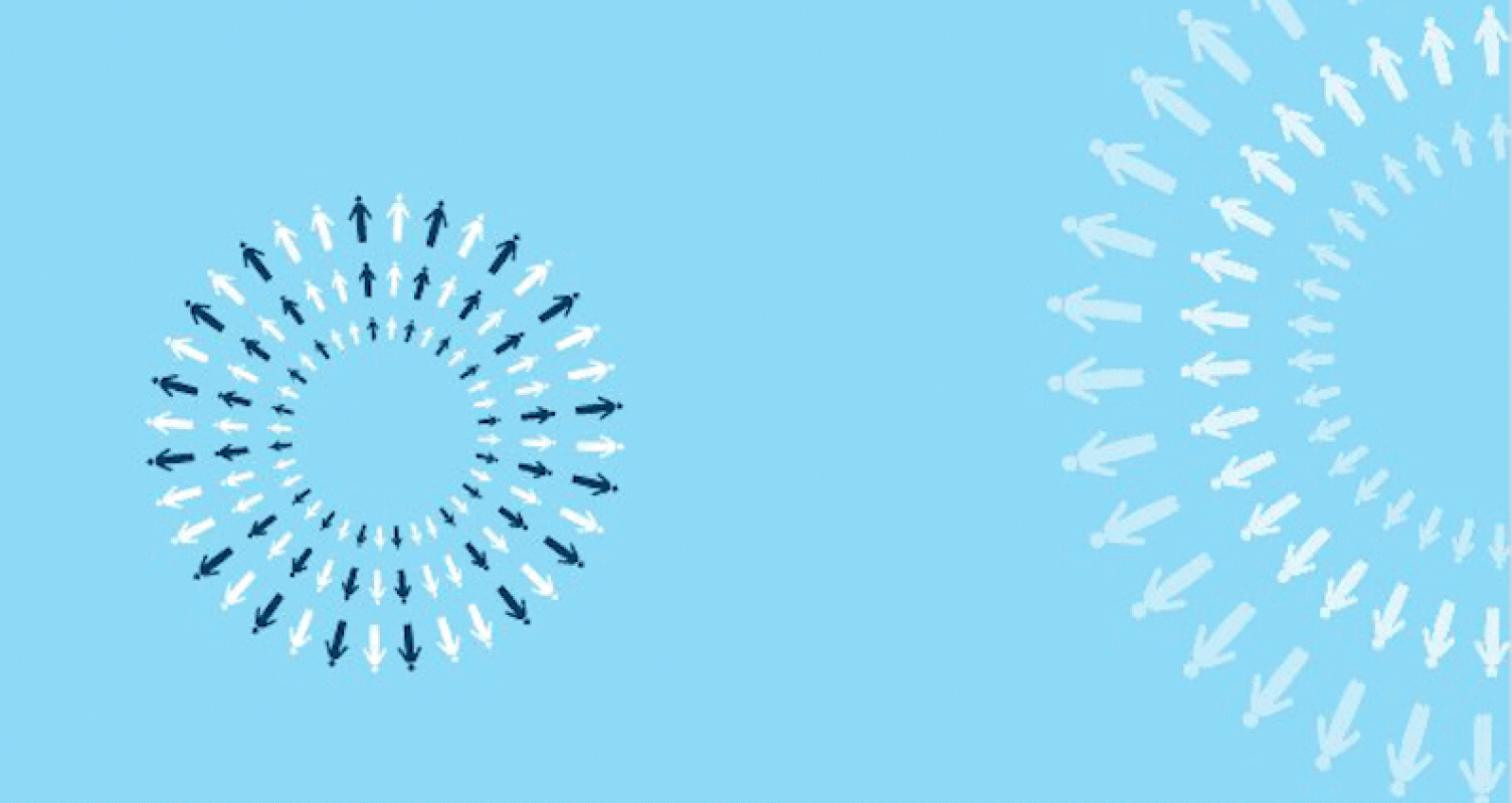Building Communities While Building Skills
World Bank Group M&E Professionals Come Together to Build Virtual Community, Share Knowledge
World Bank Group M&E Professionals Come Together to Build Virtual Community, Share Knowledge

World Bank Group M&E Professionals Come Together to Build Virtual Community, Share Knowledge
Skills matter. And for evaluators who are in the position of determining what works and what doesn't, and who have the responsibility to help guide the institutions we work for toward practices that will yield the best results, professional competency is a must.
Yet, the evaluation family has struggled for years now with the challenge of establishing a broadly agreed upon professional profile for evaluation practitioners. And that's not surprising. Monitoring and Evaluation (M&E) professionals come from all sorts of educational backgrounds - economics, education, psychology, sociology, and so on. This interdisciplinary mix ensures a valuable richness of experience, but it is equally important to build on that strength to ensure certain standards are met and maintained. In that regard, M&E professionals need to be adequately and appropriately trained in relevant techniques and methods, and in the exercise of sound judgment based on available, objectively verifiable evidence.
In the World Bank Group, we believe this to be an important agenda for our own staff working on results measurement. In June 2014 you might have read about the World Bank Group setting up a "Results Measurement and Evidence Stream" (RMES), which is really a community of practice for M&E professionals across the organization. From the outset, RMES had several goals: to nurture and promote talent, knowledge, innovation, standards, and operational solutions among a cadre of World Bank Group staff specializing in M&E, including staff from the Independent Evaluation Group. By design, the group enjoys a rich and diverse membership who, unlike in the past where they worked in relative isolation, can now share experiences and knowledge across a range of relevant areas, including: independent evaluation; performance and portfolio monitoring; and M&E advisory services on project designs.
Beyond a virtual community, we found, perhaps not surprisingly, huge value in occasional face-to-face meetings, and, the more we designed them for this specific purpose, we also saw real knowledge exchange and the development of personal networks. We saw this particularly in the context of a two-day gathering RMES Together 2015 - that was originally meant to "just" foster learning, but then evolved to make a major dent in the challenge of building a community, establishing links between people beyond the common professional set of interests.
RMES Together 2015 comprised over 40 small group sessions that were delivered in a highly interactive manner with community building and learning as a focus. Sessions were peer-led, with topics that were specific to results measurement and evaluation professionals. They were designed around a range of modalities including: sharing trade secrets and "how to" knowledge; showcasing tools, techniques, and lessons that can be adapted for M&E work; facilitated brainstorming, master classes, peer-to-peer clinics, and a fast-paced interview-style plenary. Themes included how to improve projects through early stage and quality M&E advice, influencing senior management in decision-making, and improving the quality of evidence.
For those of us who have worked in M&E for years, we know that the M&E profession is changing - and for the better. A common complaint among M&E professionals in large and small organizations has been that our work is often not given adequate priority within organizational policy and operations. That was also the sentiment expressed during the RMES event, where some of the biggest challenges the community identified included getting more senior management attention on results work.
That message seems to be resonating with Bank Group leadership and we are seeing a shift, with renewed emphasis, on achieving outcomes rather than focusing on inputs and outputs, along with a stronger imperative for evidence-based decision-making.
Initial feedback on RMES Together 2015 is very positive and we intend to build on it to keep the momentum going. We'd love to hear about your experiences. What approaches to professionalization and competency development have you tried at your organizations? What has worked and what has not?
Comments
Add new comment